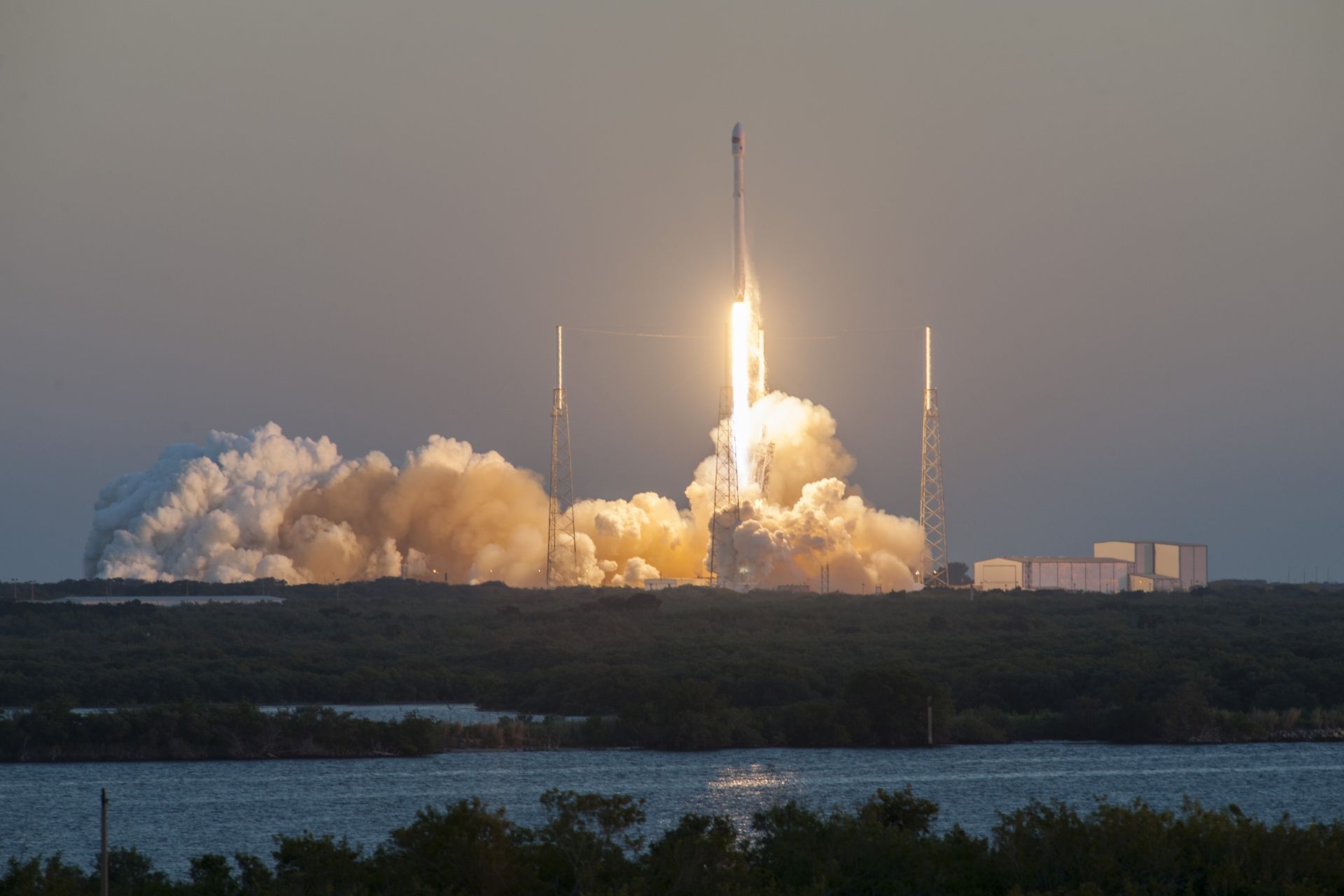Ending America’s reliance on the Russian-built RD-180 rocket engine was the primary topic of conversation during a hearing with the Senate Armed Services Committee, Subcommittee on Strategic Forces, April 29.
Changes to the space industry over the last 10 years have Air Force leaders optimistic about the future of the space enterprise, and the ability to cease reliance on the RD-180 engines used in the Atlas V launch vehicles.
“The competitive space environment, coupled with rapid changes in the landscape, present our national security launch capability with significant opportunities as well as challenges going forward,” said Secretary of the Air Force Deborah Lee James.
“No single organization should monopolize launch services and the good news is, for the first time in almost a decade, our nation has an opportunity very soon to compete launch services and leverage the commercial space launch market to drive down costs and improve our resiliency.”
This opportunity for competition comes at a time when the U.S. government is looking at ways of more efficient spending, and the Air Force is focusing on making every dollar count.
“A little over a year ago, the Air Force awarded a contract to (United Launch Alliance) for a block buy, which allowed us to drive down costs for the (fiscal year 2013 to 2017) ULA launch orders,” James said.
“ULA has produced a tremendous success record for us through the years and has been the foundation of our assured access to space for the last 10 years. The block buy provides us more affordable pricing to continue that track record as we transition to full competition, and that’s what we want.”
James stated assured access to space must remain the nation’s top priority going forward, especially with increased threats and potential adversaries within the space arena.
“While our combatant and theater commanders have fully realized how fundamental space-based effects have become to every military operation in the world, our potential adversaries have been watching and working to challenge those very capabilities,” said Gen. John E. Hyten, commander of Air Force Space Command.
“We must be ready to respond to any threat, and we’re doing just that. With today’s national reliance on space capability, assured access has gone from important to imperative.”
This access relies heavily on the Atlas V, the less expensive option to the Delta IV, and the Air Force is seeking the ability to continue use of the RD-180 until other companies are able to compete for the engine and launch vehicle capabilities.
The Air Force has made significant progress in this realm, as one company, Space Exploration Technologies Corporation (SpaceX), is on track to receive its certification to conduct national security space launches using its Falcon 9 rocket some time in summer 2015.
“If adopted, this proposal will allow us the flexibility to keep the cost-competitive Atlas in play until we have this fully developed domestic alternative,” James said. “There are opportunities to reduce the time and costs by leveraging ongoing industry activities.”
Using existing technology, companies have the opportunity to begin developing a domestic rocket engine, and the Air Force is confident these engines will be developed by 2019. However, there would still be a requirement to fully integrate that engine to an accompanying launch vehicle, a process that would likely take two years.
“Remember, this will give us an engine, and an engine alone will not launch us into space,” James said. “Transitioning the engine to a fully integrated, tested and certified capability will take longer than that – this is the consensus of experts across the space enterprise – therefore our partnership with industry must also expand beyond the propulsion system to the launch system.”
The Air Force recognizes there will be challenges, but is optimistic about what new technologies and capabilities will be implemented through competition.
“We support the introduction of competition as soon as possible,” Hyten said. “We’re on the verge of that right now, and we must maintain a healthy space launch industrial base.”
This competition, he explained, will aid in rapid independence from the RD-180, and a more robust rocket engine and launch vehicle industry in the future. These advances may also determine the mission success of posturing for defense and space situational awareness, which are key mission areas for AFSPC and the joint space community.
“A lot of what we’ve been talking about here is technology, but technology alone will not put our nation on a sure footing in space,” James said. “A sure footing for our nation ultimately depends on our people, and I just want to take a moment and say ‘thank you’ to the tens of thousands of Airmen and the joint force across the world that is making this happen for us today.”









